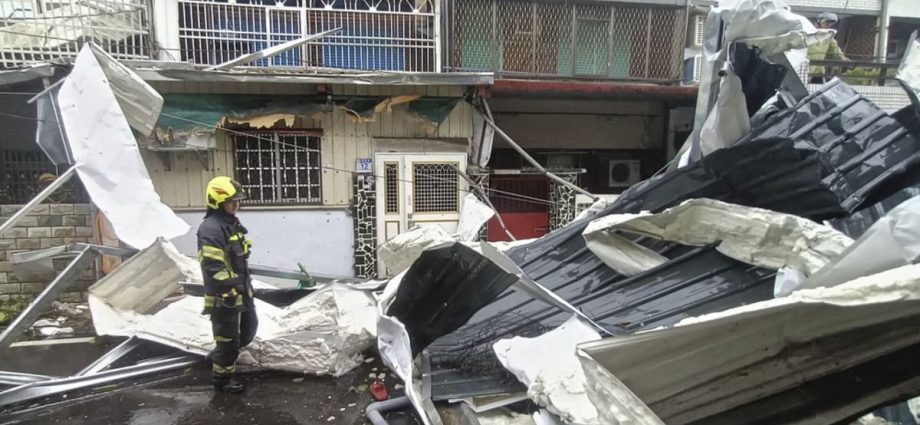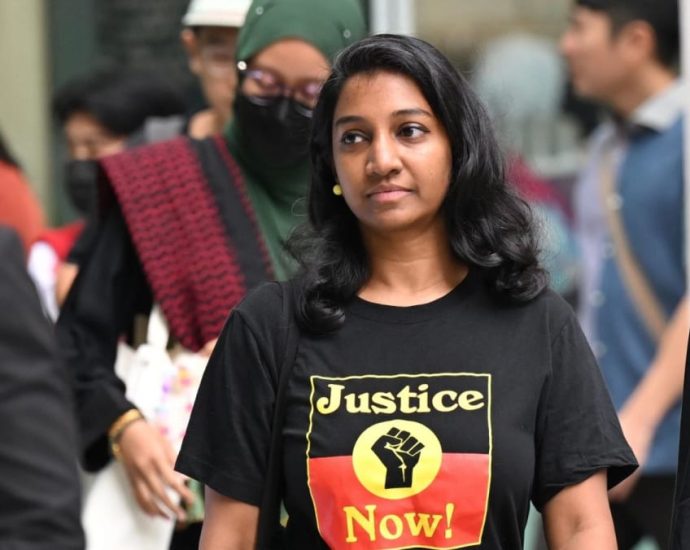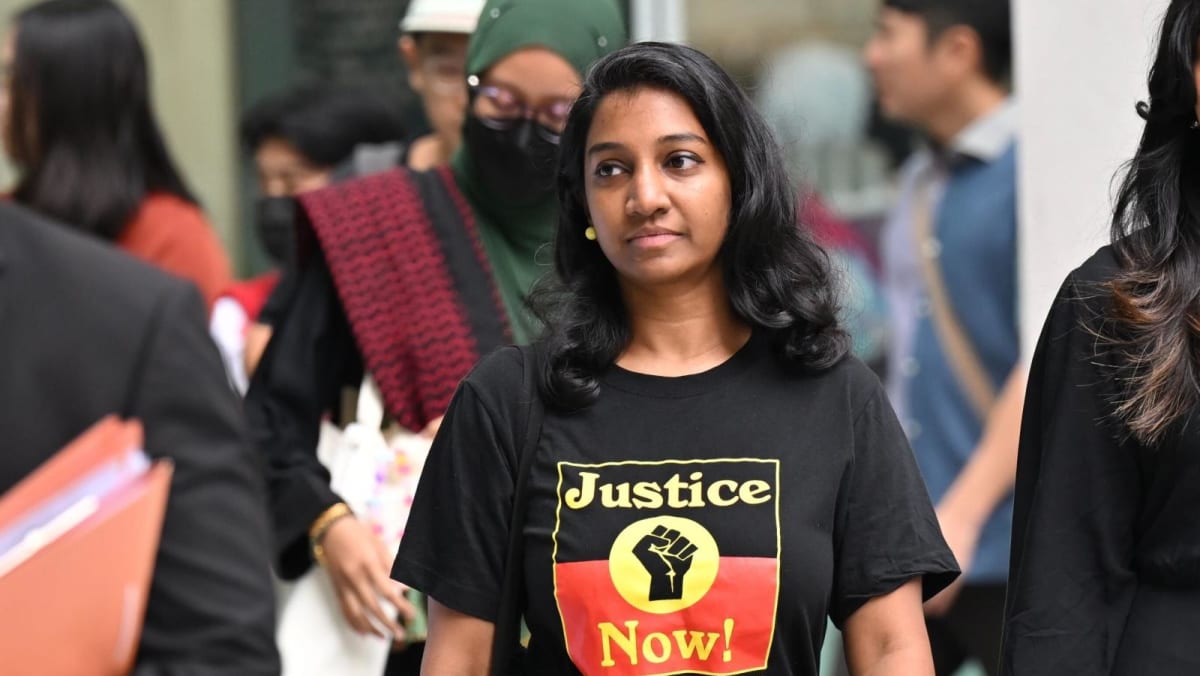SIA, Scoot flights affected as Typhoon Kong-rey lashes Taiwan

SINGAPORE: Typhoon Kong-rey, one of the biggest storms to hit Taiwan in decades, caused the cancellation of several Singapore Airlines and Scoot flights on Thursday (Oct 31).
One flight originally bound for Taipei was also diverted to Hong Kong due to weather conditions caused by the typhoon, said a Singapore Airlines (SIA) spokesperson.
Flight SQ878 was carrying 309 passengers and 14 crew members.
The Boeing 787-10 landed “uneventfully” at Hong Kong International Airport at around 5.10pm local time, said the spokesperson.
“SIA provided meals and issued meal vouchers to the affected customers on the ground.”
“SQ878 will be renumbered to SQ9875 and will depart Hong Kong for Singapore at 7pm on Oct 31. Hotel accommodation will be arranged for the affected customers in Singapore.”
A relief flight to fly affected passengers to Taipei after weather conditions have improved will also be arranged.
Another SIA flight, SQ879, was cancelled. It had been scheduled to depart Taipei for Singapore on Thursday evening.
The SIA spokesperson encouraged customers to update their contact details via the “manage booking” function on its website or subscribe to a mobile notification service to receive updates to their flight status.
Typhoon Kong-rey also prompted Scoot, SIA’s low-cost subsidiary, to cancel three flights between Singapore and Japan that transit in Taipei.
The flights are TR893, TR874 and TR875.
“Scoot is contacting affected customers to re-accommodate them onto alternative flights, where available. Affected customers may also request for a full refund if they choose not to continue with their travel,” said a spokesperson in response to queries from CNA.
The airline is monitoring the situation and will adjust its flight schedules as necessary, added the spokesperson.
Typhoon Kong-rey made landfall on Taiwan’s east coast on Thursday, causing its airports to cancel more than 300 international flights as well as all domestic flights.
It is forecast to graze along the coast of China’s Fujian province on Friday.
One death in Taiwan has been reported in relation to the typhoon.
















